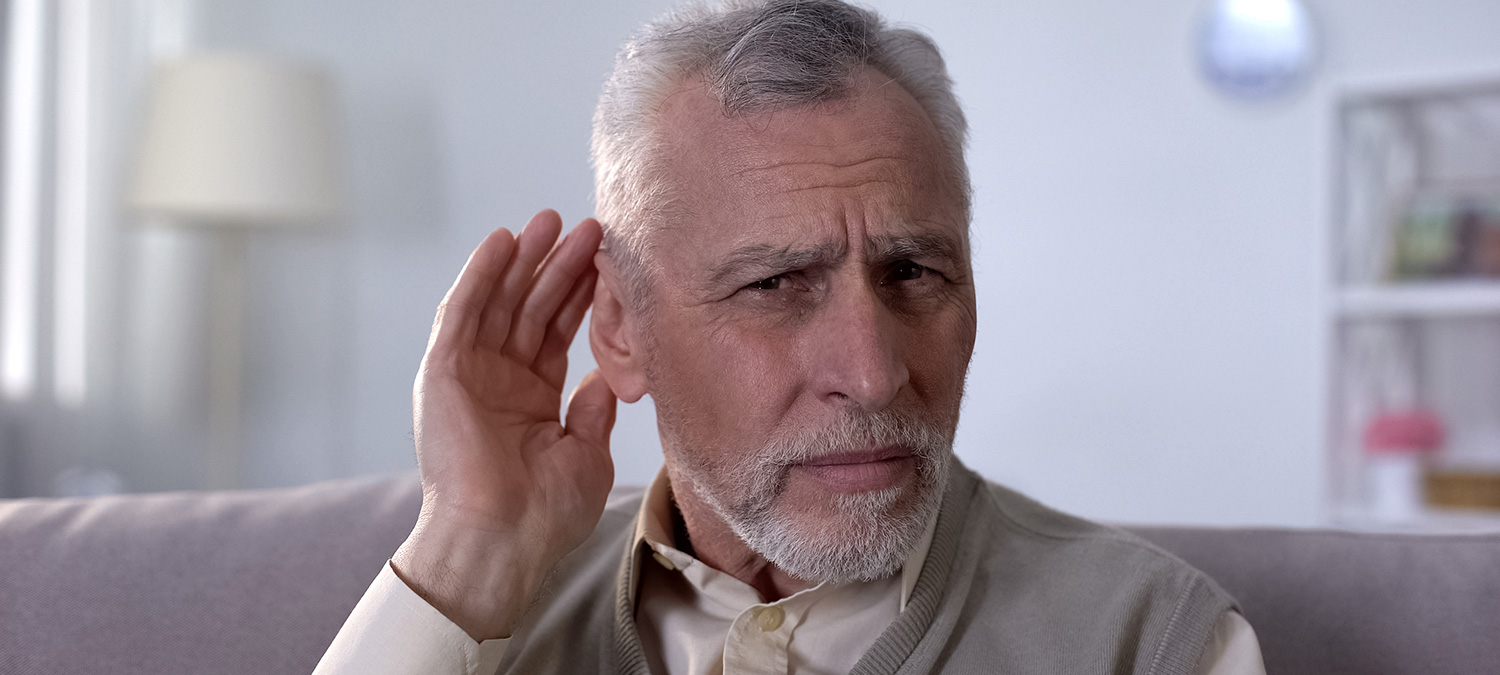Hearing Loss and Mental Health in Older Adults
July 13, 2023
Did you know that one in three older adults has trouble hearing? Hearing loss can happen due to a range of factors, including genetics, increased headphone use, illness, and age. While many people accept problems with hearing as an inevitable part of growing older, studies have shown a link between hearing loss and poor mental health in older adults, so it is important not to take hearing loss for granted.
Age-related hearing loss occurs gradually, affecting both ears equally. It is believed to run in families and happens because of changes in the auditory nerve (which relays signals from the ear to the brain) and the inner ear. Because it happens slowly over time, many people may not realize they have lost some of their ability to hear.
The Link Between Depression and Hearing Loss
How does hearing loss impact mental health in older adults? Being unable to hear and understand other people affects everyday interactions, whether speaking to someone on the phone or paying at the grocery store. It can make you feel awkward because of an inability to keep up with conversations. You might also feel cut off from the rest of the world. Both of these effects can lead to distress and loneliness. Here are some other links between depression and hearing loss:
- Avoiding social gatherings such as birthday parties or family dinners. Over time, this can lead to isolation and depression.
- Worrying about mishearing what other people say, or becoming anxious about missing phone calls and alarms.
- Avoiding physical activity because hearing loss can also affect balance.
- Feeling emotionally distressed when others speak to you loudly and slowly.
Hearing Loss and Cognitive Health
Hearing loss is also associated with a decline in cognitive health, or the ability to think, learn, and remember clearly. It is important to note that losing your hearing does not guarantee a loss of your cognitive abilities, but hearing loss does seem to play a factor in dementia.
Researchers know that the social isolation discussed above is a risk factor for cognitive impairment and dementia. It is also possible that hearing loss leads to less brain stimulation and therefore a decline in thinking and remembering. On the other hand, studies have found that people who use devices that restore hearing, such as hearing aids and cochlear implants, have a lower risk of long-term cognitive decline than those with uncorrected hearing loss.
How to Cope with Hearing Loss
A loss of hearing should not prevent you from leading a happy and full life. Here are some strategies to help:
- Visit a healthcare professional. Taking early action is esssential, as untreated hearing loss can worsen. A good place to start is with your primary healthcare provider, who will help you evaluate the situation and refer you to a specialist if necessary. You and your doctor can explore a range of treatment options, including hearing aids and surgery.
- Consider mental health counseling. Like any significant loss, losing the ability to hear may involve a grieving period. You may want to speak to a therapist who can help you work through the emotions and develop healthy acceptance strategies.
- Empower yourself with knowledge and support. Organizations such as the Hearing Loss Association of America and the Center for Hearing and Communication offer a wealth of information and resources on living with hearing loss and boosting mental health in older adults. They can also connect you to support groups in your local area where you can share experiences and tips.
Finally, stay active! At Fellowship Village, we make a vibrant, active lifestyle possible on our beautiful campus boasting sports facilities, hobby spaces, award-winning dining, and a medical center experienced in dealing with hearing loss and mental health. Contact us to learn more today.



